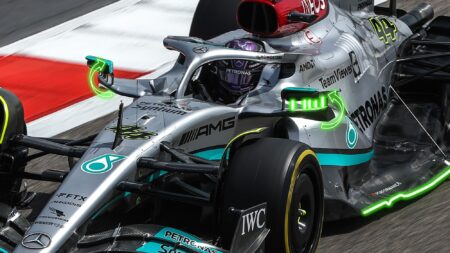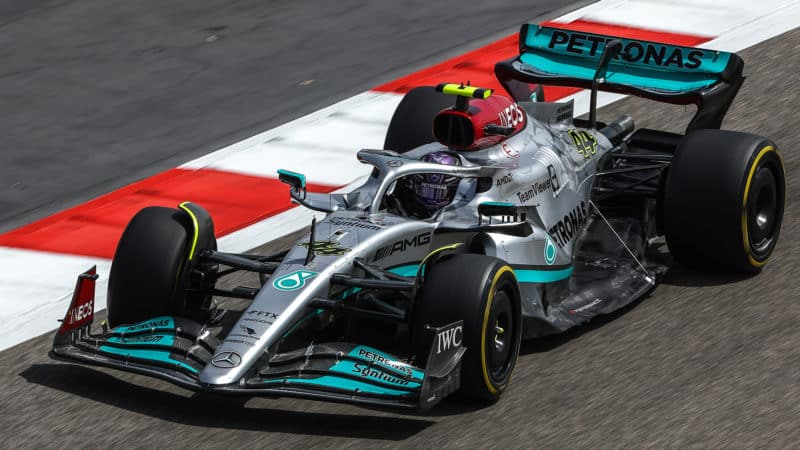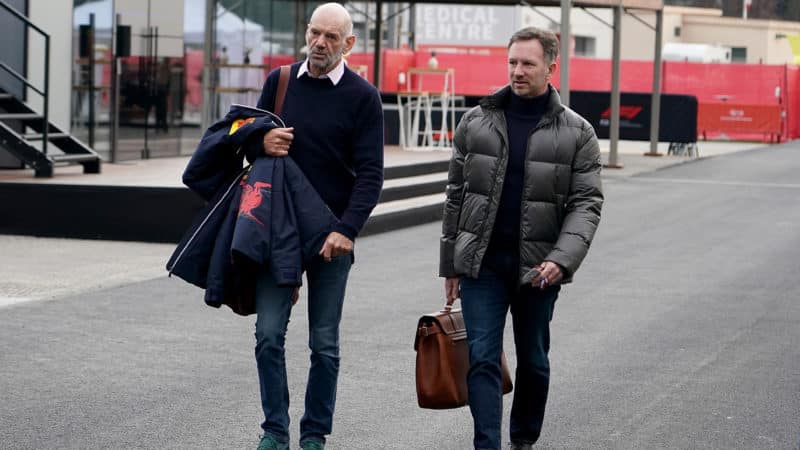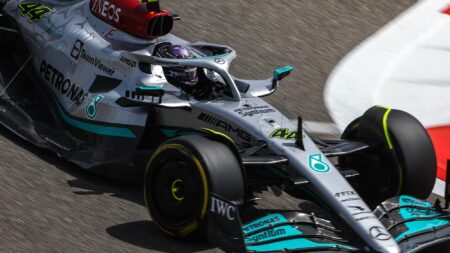But Christian Horner’s assertion that the Mercedes W13 sidepods were not within ‘the spirit of the rules’ is palpably absurd. Some will point out Red Bull had denied he said as much to the vastly respected Auto Motor und Sport journalist Michael Schmidt, but having first said there had been no comment about the Mercedes, the Red Bull PR machine later clarified its position saying there had been “no official comment”, which is not the same thing at all. So it seems clear to me that Horner was accurately quoted.
I’m not saying for a moment that one constructor should not point out and object to another fielding a car it believes to be illegal. But to say it’s not within the ‘spirit’ of the regs? That won’t wash. Regulations don’t have spirits and of all the teams on the grid, Red Bull should know that best employing, as it does, Adrian Newey whose genius for interpreting regulations to his team’s advantage is surely unrivalled.
For is that not the game? It must be self-evident that every technical director should give the regulations as thorough an examination as possible and create the fastest car possible within them. Indeed it is nothing less than their jobs to go through the rules line by line and stretch them, bend them, pummel them and squeeze them until the pips squeak in their search for a competitive advantage, so long as they do not actually break them.






